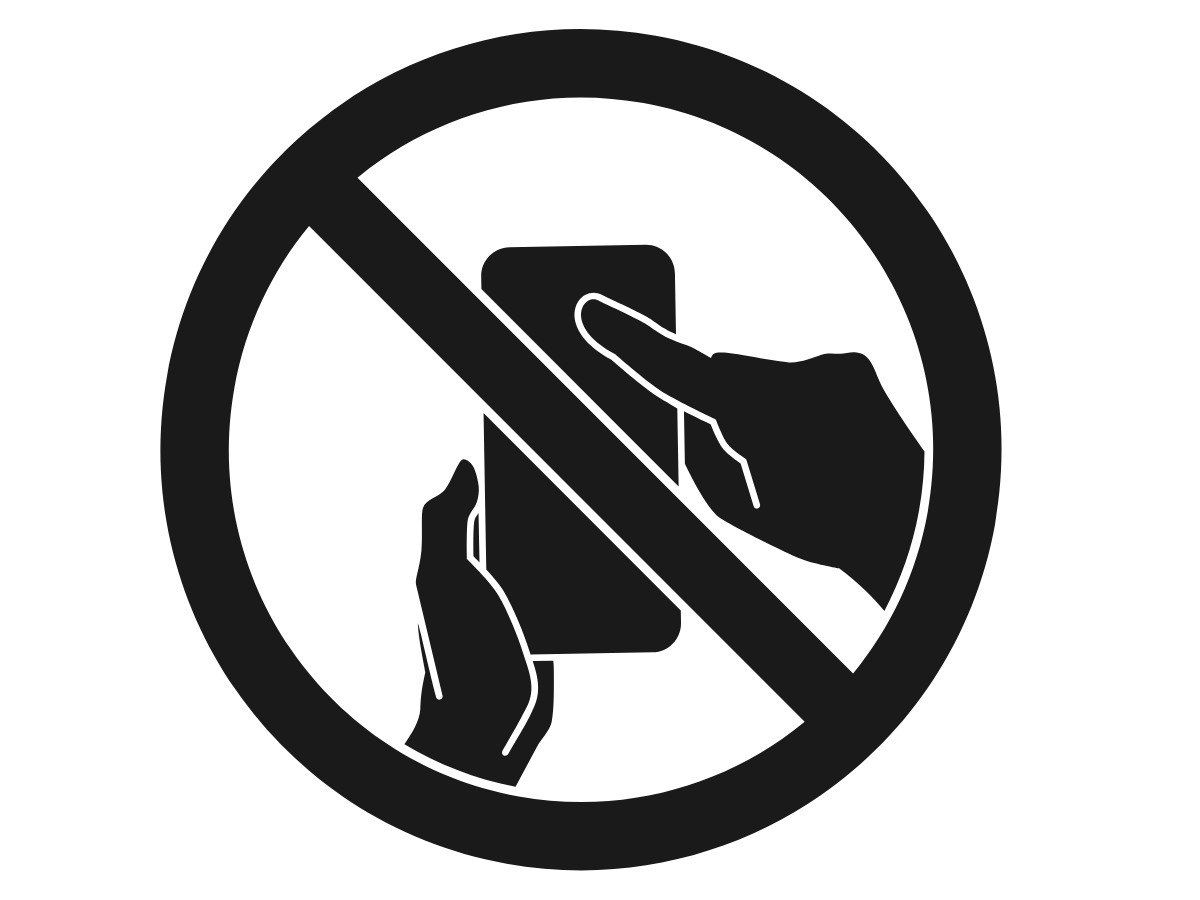
Heart Foundation Clinical Manager Natalie Raffoul, said a third of people with type 2 diabetes also have cardiovascular disease (CVD), which comprises heart disease and stroke. Heart disease is Australia’s single biggest killer, stroke is Australia’s third biggest killer.
“People with diabetes have the same risk of dying from heart disease as people who have already had a heart attack, yet they often underestimate their risk,” Ms Raffoul said.
Over time, high blood glucose from diabetes can damage blood vessels in the heart and make them more likely to develop fatty deposits. The longer you have diabetes, the higher the chances that you will develop heart disease.
Ms Raffoul said more than 155,000 Australians are living with both heart disease and diabetes.
“People with diabetes are at increased risk of heart disease because they are also more likely to have other risk factors such as high blood pressure, high cholesterol and being overweight. But the steps taken to manage diabetes can also help lower the risk of heart disease.
“Over the last few years some new diabetes medicines have also been shown to reduce the risk of heart disease, as well as lower blood glucose levels, in people with diabetes.”
The Heart Foundation is shining the spotlight on the close link between diabetes and heart disease as part of ³Ô¹ÏÍøÕ¾ Diabetes Week (14-20 July), launched by Diabetes Australia. The campaign, ‘, urges Australians to act on diabetes to save lives.
“The best chance of addressing your risk of heart disease starts with a Heart Health Check with your GP. Because diabetes is a key risk factor for heart disease, checking your blood sugar level is an important part of assessing your risk of heart disease during a Heart Health Check.”
The good news is that Australians aged 45 years and over, and Indigenous Australians from 30 years, can now see their GP for a Heart Health Check covered by Medicare.
“During a Heart Health Check, your GP or nurse may check your blood glucose level on the spot or refer you on to have other blood tests to assess you for diabetes.
“A Heart Health Check involves working with your doctor to lower your risk through lifestyle changes, such as exercise, maintaining a healthy weight, following a heart healthy diet and possibly medications.”








